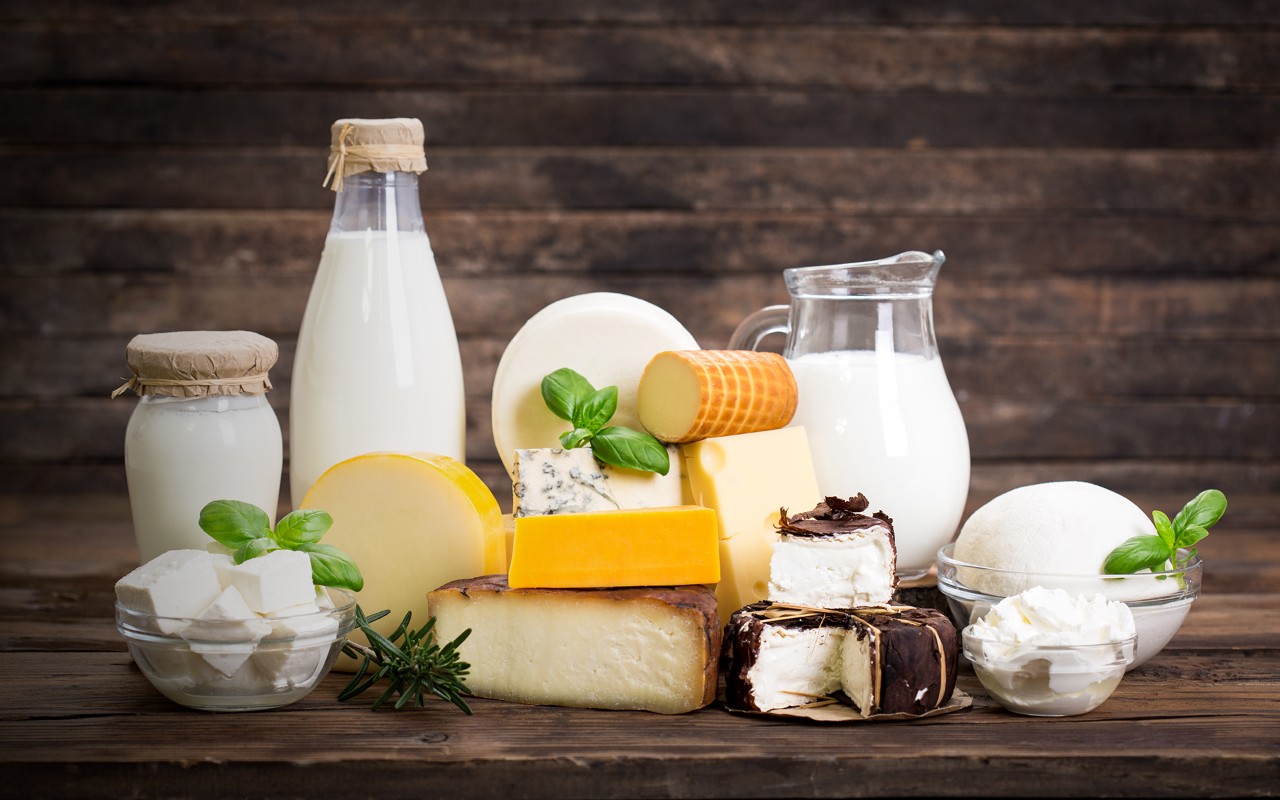Dairy products are loved and consumed by people of all ages worldwide. However, many dairy products are high in sugar, which poses serious health risks. Excessive sugar intake has been associated with a variety of health problems, including obesity, diabetes, and cardiovascular disease. Therefore, there is an urgent need to reduce the sugar content of dairy products. This article discusses sugar reduction challenges, solutions to overcome them, and alternative sweeteners you can use.
Challenges with Cutting Out Sugar
Sugar plays an important role in the taste and texture of dairy products. Eliminating or reducing sugar can significantly impact the overall sensory experience, making it difficult to maintain consumer acceptance. Moreover, sugar acts as a natural preservative and contributes to the microbial stability of dairy products. Reducing sugar increases the risk of spoilage and may shorten the shelf life of these products. Dairy products undergo complex processes such as fermentation, aging, and texture development. Changes in sugar content can affect these processes and pose technical challenges for manufacturers.
Sugar Reduction Solution
One effective approach is to gradually reduce the sugar content of dairy products. This allows consumers to gradually become accustomed to new tastes, increasing acceptance and minimizing the risk of rejection.
Manufacturers can also experiment with reformulation techniques that replace sugar with alternative sweeteners. It’s all about finding the right combination of ingredients to maintain your preferred flavor and texture while reducing the sugar content.
Another viable alternative is to use natural flavor enhancers. Adding ingredients such as vanilla, cinnamon, and citrus extracts can offset any sweetness reduction and enhance the flavor profile of reduced-sugar dairy products.
Alternatives and Substitutes
Stevia: Stevia is extracted from the leaves of the Stevia rebaudiana plant and is a natural zero-calorie sweetener. It’s significantly sweeter than sugar, so less is needed to get the same level of sweetness. Stevia is available in a variety of forms, including powdered extracts and liquid concentrates, making it a versatile sugar-reducing option.
Monk Fruit Extract: Monk fruit extract, also known as monk fruit, is another zero-calorie natural sweetener. It has an intense sweetness and can be combined with other sweeteners to achieve your desired taste. Monk fruit extract is heat stable and can be used in dairy products that require high-temperature processing.
Erythritol: Erythritol is a sugar alcohol found naturally in certain fruits and fermented foods. It has a similar taste and texture to sugar but is lower in calories. Erythritol is known to be resistant to digestion and is suitable for people with diabetes.
Allulose: Allulose is a low-calorie sugar found naturally in small amounts in certain fruits. Similar in taste and texture to sugar, allulose has about 90 fewer calories. Due to its natural browning effect, allulose is suitable for dairy products such as caramel-flavored desserts.
Reducing the sugar content in dairy is an essential step in promoting healthier food choices.
Although there are challenges, gradual reductions, reformulation techniques, and the use of alternative sweeteners can help overcome these obstacles. Stevia, monk fruit extract, erythritol, and allulose are just a few examples of alternative sweeteners that provide sweetness without adding calories. By reducing sugar levels and exploring these solutions, manufacturers can develop tastier and healthier dairy products, thereby contributing to overall consumer well-being.


